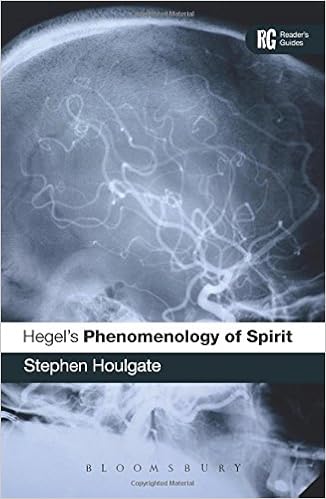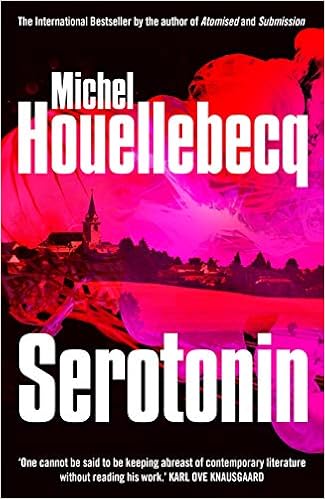Cro-Magnons - early humans - entered Europe from the Middle East
around 38,000 years ago. Their path took them through the Zagros mountains (Iran, East Turkey). Climate change had led to a greening of the desert and thereby permitted northbound migration.
They were entering a Eurasian continent already populated by Neanderthals.
 |
| Cro-Magnon penetration at 37,500 years before present (here) |
Suppose that there had been exactly one decisive pass through the mountains, and suppose this pass was occupied by a band of Neanderthals who could in principle have engaged and repulsed the incoming Cro-Magnon tribe.
Should they have held the pass, or just dispersed and avoided conflict?
It's a thought experiment.
Let us give these tooled-up Neanderthals the future knowledge of
one branch of their decision tree.
If they stand aside and let the newcomers in, then over the next 10,000 years the Neanderthals will be displaced from their range and driven to extinction. The newcomers will proceed to build a mighty civilisation which will span the Earth .. and even beyond.
On the other hand ...
---
The argument
1. The Neanderthals are inherently limited: they should make way for an improved species
There is no evidence that the Neanderthals were capable - in terms of their genetic endowment - in creating an advanced civilisation. They were just
too well-adapted to their ecological niche to need the expansion of cognitive competences which compensated for Cro-Magnon physical inadequacy.
However, in biological terms, what's progress? The Neanderthals went
extinct. Their genes only survive today as fragmented admixtures in the successor population. The subsequent massive population expansion (8 billion humans in the world today) of
another species was not to
their advantage at all. So why make way?
2. We should be in favour of life as a whole rather than any one species
Sure, some people believe this. But no species which practically implemented this belief could survive. It's the ultimate
prey strategy in a Darwinian world of predators. You're toast in the paws of species which
do care about their own survival.
3. The Neanderthals should have fought - it was in their own genetic interest
This is superficially appealing but it misunderstands the dynamic of evolution. No single organism operates in the interests of its 'species' - which in any case is a theoretical construct, a genotype-set boundary with rather arbitrary borders.
A creature fights for the survival of those creatures which best guarantee the further propagation of its own alleles.
Itself. Usually its offspring. In more caring/social species the mates, extended kin group and perhaps allies ('friends' in a relationship of reciprocal, transactional altruism).
We could talk about
imagined communities but let's discuss patriotism and nationalism another time.
So in a real scenario, the local Neanderthals should have fought if it was in their immediate, localised and situated interests. No doubt their innate emotions would have backed that up: some combination of aggression and fear balancing out.
However, if they had (counter-factually)
known their future prospects over the next 10,000 years or so, they
should have fought. Extinction is not consistent with any kind of fitness.
But you can't know.
---
Supplementary question
If we designed a more competent social creature than current humanity - some self-sustaining artificial intelligence perhaps, or some genetically enhanced human subspecies - in any event some new creature which would out-compete us, should we proceed to implement the design?
Knowing we would lose the subsequent contest? But knowing that our designed-successors would inherit the stars (or something similarly grandiose) while rendering
us extinct.
This would be completely against our genetic interests as individuals. But
such a glittering future is surely
something to be prized. Why should we care about the underlying dynamics of DNA replication and natural selection anyway? It's just mindless applied chemistry.
But why should we care about the glittering interstellar high-civilisation either? It's still all just
navel-gazing atoms.
We
care only because it's a human emotion - that's all 'caring' is. And human emotions simply encode the cognitive strategies which make us a (so-far) successful social species.
You don't find
universal values in physics or biology.
There are only species-specific values. And the ones
we cherish so much are specifically the values of a species ecologically-genomically structured like
us. They motivate us to want to bring about situations which worked for
us survivors up to now.






















